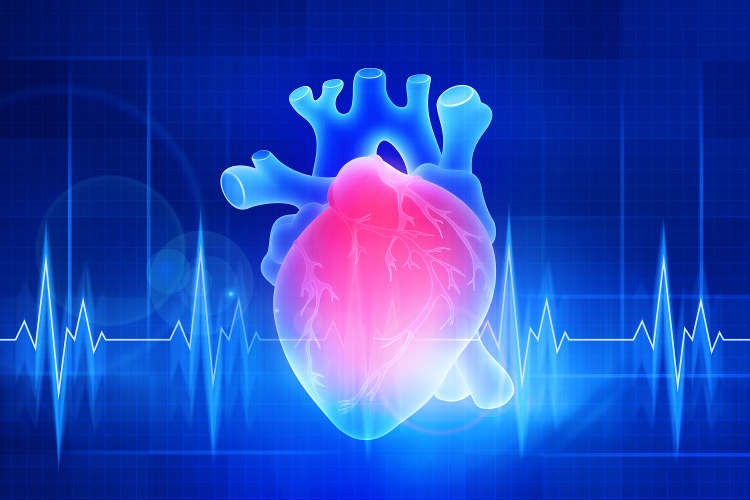Recent research findings reveal that modest egg eating might enhance the level of heart-healthy compounds in the blood.
The research was published in the journal ‘eLife.’ Eggs are high in dietary cholesterol, but they also contain a wide range of vital elements. There is contradictory research about whether eating eggs is good or bad for your heart. A 2018 research published in the journal Heart indicated that people who ate eggs daily (roughly one egg per day) had a much reduced risk of heart disease and stroke than those who ate eggs less often.
To further understand this association, the authors of this study conducted a population-based study to investigate how egg intake influences blood indicators of cardiovascular health.
“Few studies have looked at the role that plasma cholesterol metabolism plays in the association between egg consumption and the risk of cardiovascular diseases, so we wanted to help address this gap,” explained first author Lang Pan, MSc at the Department of Epidemiology and Biostatistics, Peking University, Beijing, China.
Pan and his colleagues chose 4,778 people from the China Kadoorie Biobank, 3,401 of whom had cardiovascular disease and 1,377 who did not. They measured 225 metabolites in plasma samples collected from the subjects’ blood using a method known as targeted nuclear magnetic resonance. They discovered 24 metabolites that were linked to self-reported amounts of egg intake.
Their analyses showed that individuals who ate a moderate amount of eggs had higher levels of a protein in their blood called apolipoprotein A1- a building block of high-density lipoprotein (HDL), also known as ‘good lipoprotein’. These individuals especially had more large HDL molecules in their blood, which help clear cholesterol from the blood vessels and thereby protect against blockages that can lead to heart attacks and stroke.
The researchers also discovered 14 compounds connected to cardiac disease. They discovered that those who ate fewer eggs had lower levels of good metabolites and greater amounts of detrimental metabolites in their blood than those who ate eggs more often.
“Together, our results provide a potential explanation for how eating a moderate amount of eggs can help protect against heart disease,” said author Canqing Yu, Associate Professor at the Department of Epidemiology and Biostatistics, Peking University.
“More studies are needed to verify the causal roles that lipid metabolites play in the association between egg consumption and the risk of cardiovascular disease,” he added.
“This study may also have implications for Chinese national dietary guidelines,” added senior author Liming Li, Boya Distinguished Professor at the Department of Epidemiology and Biostatistics, Peking University.
“Current health guidelines in China suggest eating one egg a day, but data indicate that the average consumption is lower than this. Our work highlights the need for more strategies to encourage moderate egg consumption among the population, to help lower the overall risk of cardiovascular disease,” he concluded.





